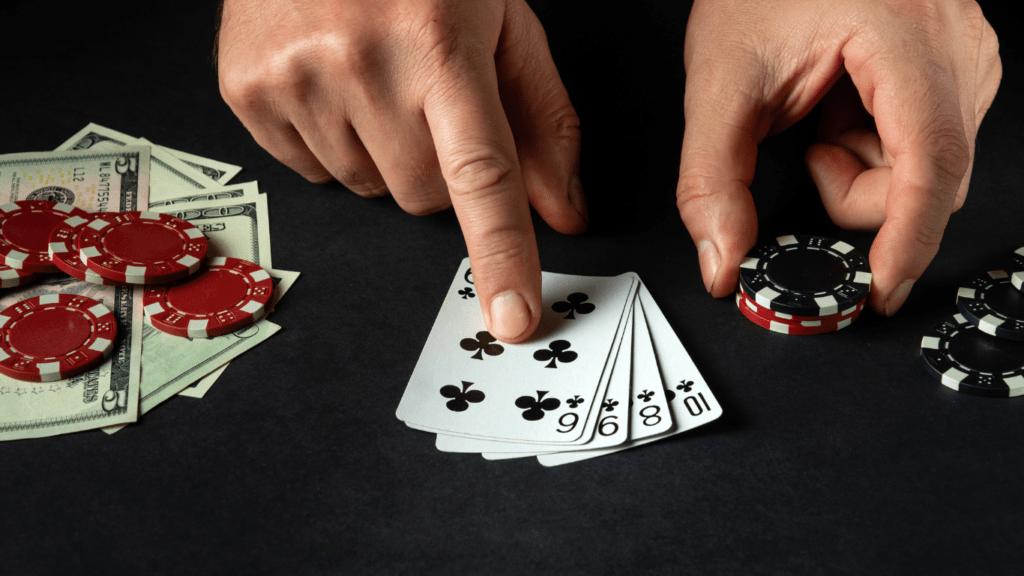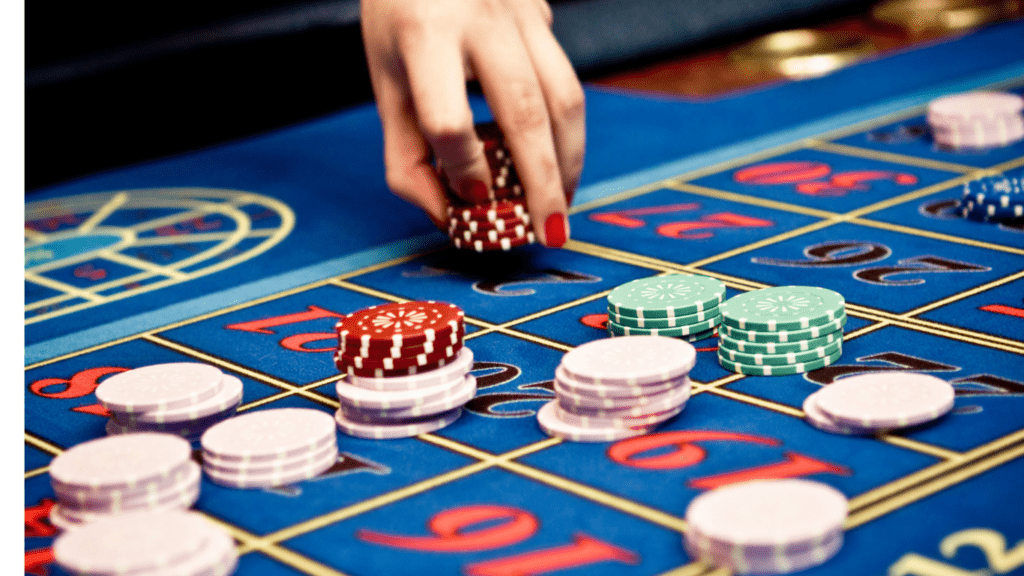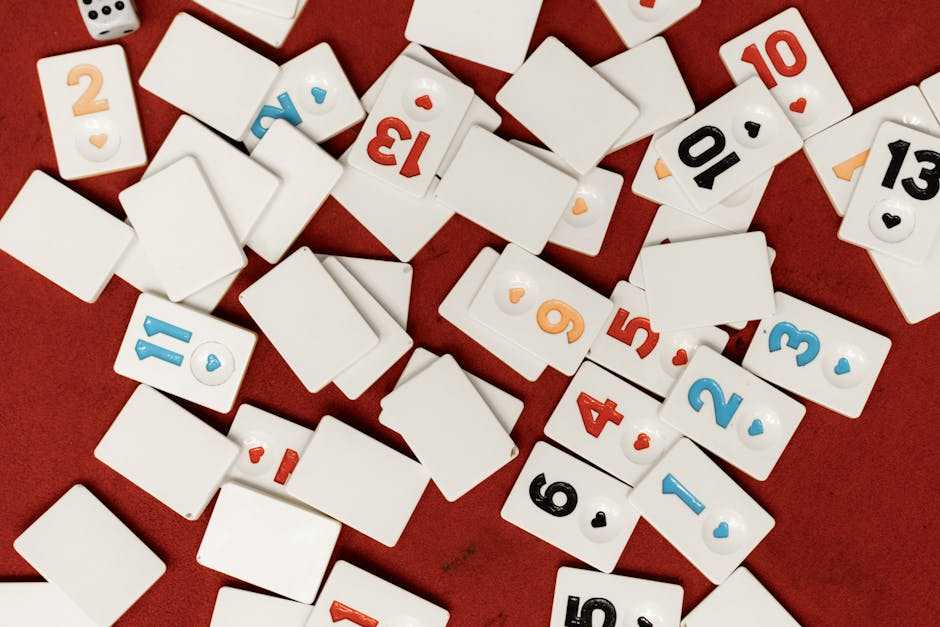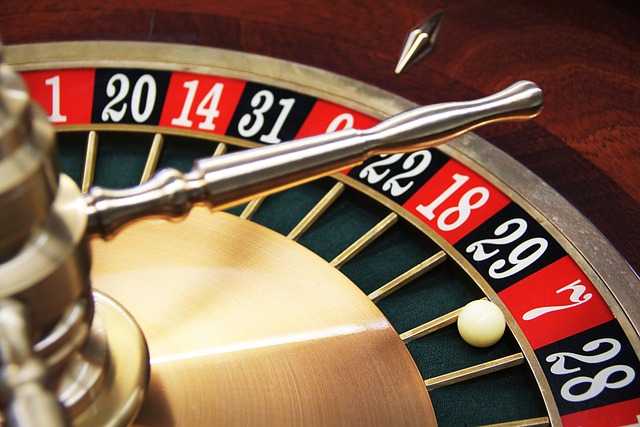Understanding Risk Perception in Gamblers
Gamblers assess risks differently compared to non-gamblers. Their perceptions shape their decisions.
Cognitive Biases Involved
Gamblers often fall prey to several cognitive biases. One common bias is the illusion of control, where individuals believe they can influence outcomes in games of chance.
They might roll dice in a specific way, thinking it improves their odds. Another significant bias is the gambler’s fallacy, where gamblers assume future events are influenced by past events.
For example, after losing several rounds, they believe a win is due.
Confirmation bias also plays a role, with gamblers placing more weight on information that supports their hopes, like recalling wins better than losses.
These biases distort risk assessment and lead to flawed decision-making.
Impact of Emotional States
Emotions heavily impact a gambler’s risk perception. When individuals feel anxious or stressed, they might take higher risks, hoping a big win will alleviate their negative emotions.
Euphoria can also skew perception, making high-risk bets seem more attractive after a win.
Alternatively, depression may cause some to chase losses desperately, believing that winning will improve their emotional state.
Emotional states create a feedback loop where the outcome of one gamble influences the emotional response to the next, perpetuating risky behaviors.
Decision-Making Processes in Gambling
Decision-making in gambling involves complex cognitive and emotional factors. Gamblers, influenced by biases and emotional states, often deviate from rational decision-making.
The Role of Experience and Skill

Experienced gamblers, unlike novices, base decisions on previous outcomes and strategies. They rely on pattern recognition and learned behaviors to guide choices.
For example, skilled poker players analyze opponents’ strategies and adjust their actions accordingly, while novice players often rely on intuition or luck.
Skill levels affect risk assessment and decision-making accuracy.
Research from the National Institute on Drug Abuse indicates that experience can mitigate some cognitive biases, leading to more calculated decisions.
Influence of Societal and Environmental Factors
Societal norms and environmental cues heavily impact gambling decisions. High-risk environments, such as:
- casinos, use sensory stimuli—bright lights
- Loud sounds
- strategic layouts—to enhance excitement and encourage risk-taking behaviors
Social influence also plays a significant role. For instance, peer pressure in group gambling scenarios can lead to riskier bets.
Studies in the Journal of Gambling Studies reveal that cultural acceptance of gambling can increase participation rates, thus influencing the overall decision-making process in gamblers.
Comparing Casual vs Compulsive Gamblers
Understanding the differences between casual and compulsive gamblers helps in assessing risk perceptions and decision-making behaviors in these groups.
Risk Attitudes and Behaviors
Casual gamblers often exhibit balanced risk attitudes. They typically gamble for leisure, viewing it as a form of entertainment rather than a primary goal.
Casual gamblers set limits on spending, often walk away after reaching those limits, and maintain control over gambling habits.
Their decisions are usually influenced by predetermined budgets and a rational understanding of odds.
Compulsive gamblers, on the other hand, exhibit risk attitudes driven by a compulsive need to gamble.
They frequently engage in gambling activities despite adverse consequences, continually chase losses, and exhibit an inability to stop.
This behavior often results from cognitive distortions, such as believing that a win is imminent.
Unlike casual gamblers, compulsive gamblers often disregard limits, leading to increased frequency and intensity of gambling sessions.
Consequences on Personal and Social Levels
- Casual gamblers usually experience minimal negative consequences.
- Participate in gambling activities without significant personal or social impacts, as they manage their gambling within reasonable limits.
- Relationships, financial stability, and emotional health typically remain unaffected.
- Compulsive gamblers face severe personal and social consequences.
- Financial instability, strained relationships, and deteriorating mental health are common outcomes.
- Compulsive gambling often leads to debt accumulation, loss of personal assets, and even legal issues.
Socially, compulsive gamblers may face isolation due to the stigma associated with gambling addiction and suffer from a decline in social interactions and support.
The stark differences between casual and compulsive gamblers highlight the importance of understanding the risk perception and decision-making processes unique to each group.
This understanding facilitates targeted interventions and support mechanisms to mitigate the negative impacts of compulsive gambling.
Techniques to Mitigate Negative Gambling Behaviors
Mitigating negative gambling behaviors involves a combination of approaches. Two significant techniques are educational interventions and behavioral therapies.
Educational Interventions
Educational interventions aim to raise awareness about gambling risks and promote responsible gambling. One method is through public awareness campaigns.
For example, governments and non-profits can run ads highlighting the dangers of excessive gambling.
Schools can also integrate gambling education into their curriculum to educate students about risks early.
Workshops and seminars for adults provide another platform for disseminating information.
By educating the public, these initiatives can help individuals recognize problematic behaviors and make informed decisions.
Behavioral Therapies
Behavioral therapies target the underlying factors contributing to gambling addiction. Cognitive-behavioral therapy (CBT) is a common approach.
CBT helps individuals identify and change irrational thoughts and behaviors related to gambling. For instance, a gambler believing they can control outcomes may learn to recognize and alter that belief.
Another effective method is motivational interviewing. This therapy enhances an individual’s motivation to change their gambling habits by exploring and resolving ambivalence.
For compulsive gamblers, personalized counseling offers tailored strategies to manage triggers and develop coping mechanisms.
Group therapy sessions create a supportive environment for sharing experiences and solutions. Behavioral therapies offer critical tools to address and modify negative gambling behaviors at their core.




